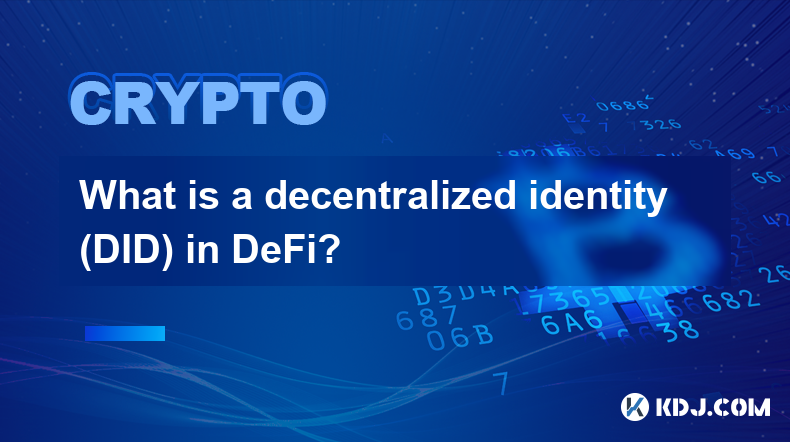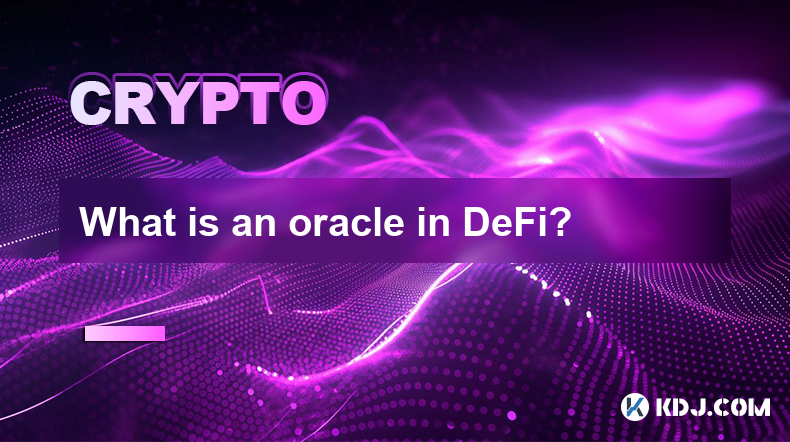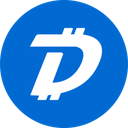-
 Bitcoin
Bitcoin $82,889.2590
-0.46% -
 Ethereum
Ethereum $1,793.2293
-1.49% -
 Tether USDt
Tether USDt $0.9997
-0.02% -
 XRP
XRP $2.0568
0.29% -
 BNB
BNB $592.2304
-1.63% -
 USDC
USDC $1.0000
0.01% -
 Solana
Solana $115.7109
-3.42% -
 Dogecoin
Dogecoin $0.1619
-2.01% -
 Cardano
Cardano $0.6496
-0.45% -
 TRON
TRON $0.2390
0.90% -
 UNUS SED LEO
UNUS SED LEO $9.5630
1.80% -
 Toncoin
Toncoin $3.5272
-7.56% -
 Chainlink
Chainlink $12.7869
-3.09% -
 Stellar
Stellar $0.2602
-1.42% -
 Avalanche
Avalanche $18.0792
-2.71% -
 Shiba Inu
Shiba Inu $0.0...01214
-1.56% -
 Sui
Sui $2.2014
-8.72% -
 Hedera
Hedera $0.1623
-2.00% -
 Polkadot
Polkadot $4.0239
-1.09% -
 Litecoin
Litecoin $83.2407
0.28% -
 MANTRA
MANTRA $6.3682
0.89% -
 Bitcoin Cash
Bitcoin Cash $301.4692
-0.02% -
 Bitget Token
Bitget Token $4.4785
-1.45% -
 Dai
Dai $1.0000
0.01% -
 Ethena USDe
Ethena USDe $0.9994
-0.05% -
 Monero
Monero $214.4062
-0.61% -
 Hyperliquid
Hyperliquid $11.7638
-4.95% -
 Pi
Pi $0.5645
-15.24% -
 Uniswap
Uniswap $5.8559
-2.26% -
 Aptos
Aptos $5.0161
-4.08%
Where to buy UNI coins? How to buy and sell UNI coins?
UNI coins, the native token of the Uniswap decentralized exchange, can be purchased and sold on reputable cryptocurrency exchanges like Binance, Gate.io, Uniswap, Coinbase, and Kraken.
Sep 30, 2024 at 12:30 pm

Where to Buy UNI Coins?
UNI coins are the native token of the Uniswap decentralized exchange. UNI can be purchased and sold on a variety of cryptocurrency exchanges.
Here is a list of the top exchanges to buy and sell UNI coins:
- Binance
- Gate.io
- Uniswap
- Coinbase
- Kraken
How to Buy and Sell UNI Coins?
To buy UNI coins:
- Create an account on one of the exchanges listed above.
- Fund your account with a supported currency (e.g., BTC, ETH, USD).
- Navigate to the UNI market on the exchange.
- Enter the amount of UNI you wish to buy.
- Select the type of order you want to place (e.g., market order, limit order).
- Click the "Buy" button.
To sell UNI coins:
- Create an account on one of the exchanges listed above.
- Deposit your UNI coins into your account.
- Navigate to the UNI market on the exchange.
- Enter the amount of UNI you wish to sell.
- Select the type of order you want to place (e.g., market order, limit order).
- Click the "Sell" button.
Disclaimer:info@kdj.com
The information provided is not trading advice. kdj.com does not assume any responsibility for any investments made based on the information provided in this article. Cryptocurrencies are highly volatile and it is highly recommended that you invest with caution after thorough research!
If you believe that the content used on this website infringes your copyright, please contact us immediately (info@kdj.com) and we will delete it promptly.
- "The market views if growth slides, then traditional risk assets will slide and crypto is correlated to traditional risk assets"
- 2025-04-04 10:50:11
- Between Oct. 25, 2024, and Jan. 16, 2025
- 2025-04-04 10:50:11
- Trump's New Tariffs Send Ripples Through Global Markets, Affecting Stocks and Digital Assets
- 2025-04-04 10:45:12
- Global Markets Tank as Trump Introduces New Tariff Model
- 2025-04-04 10:45:12
- Tesla (NASDAQ:TSLA) shares tank 8% in premarket as Q1 deliveries miss estimates by a wide margin
- 2025-04-04 10:40:12
- Arctic Pablo Coin: The Next Breakout Meme Coin Promises 9084.48% ROI
- 2025-04-04 10:40:12
Related knowledge

What is a decentralized identity (DID) in DeFi?
Mar 23,2025 at 11:57am
Key Points:Decentralized Identifiers (DIDs) offer a self-sovereign approach to digital identity management, crucial for DeFi's privacy and security needs.DIDs operate independently of centralized authorities, empowering users with control over their data.Integrating DIDs into DeFi applications enhances user privacy, reduces reliance on intermediaries, a...

What does "composability" mean in DeFi?
Mar 14,2025 at 12:36pm
Key Points:Composability in DeFi refers to the ability of different decentralized finance (DeFi) protocols to interact and combine seamlessly, creating novel financial products and services.This interoperability is a core tenet of the DeFi ecosystem, fostering innovation and efficiency.Understanding composability requires exploring its mechanisms, benef...

What is token economics in DeFi?
Mar 14,2025 at 03:20am
Key Points:Token economics in DeFi defines how tokens are used to incentivize and govern decentralized finance (DeFi) protocols.It encompasses token utility, distribution mechanisms, and economic models designed to ensure sustainability and growth.Understanding token economics is crucial for evaluating the long-term viability and potential risks of DeFi...

How are transaction fees calculated in DeFi?
Mar 14,2025 at 04:25am
Key Points:DeFi transaction fees vary significantly depending on the specific protocol, network congestion, and the complexity of the transaction.Gas fees, a crucial component, are paid in the native token of the blockchain (e.g., ETH on Ethereum).Factors influencing gas fees include the type of transaction, data size, and network demand.Protocols often...

What is an oracle in DeFi?
Mar 22,2025 at 06:50am
Key Points:Oracles bridge the gap between on-chain and off-chain data in DeFi, providing real-world information to smart contracts.Different oracle types exist, each with its own strengths and weaknesses, including centralized, decentralized, and hybrid oracles.Security and reliability are crucial concerns for oracles, as vulnerabilities can lead to sig...

What is a cross-chain bridge? What is its role in DeFi?
Mar 14,2025 at 10:00am
Key Points:Cross-chain bridges facilitate the transfer of assets between different blockchains.They are crucial for DeFi's interoperability, allowing users to access diverse applications and liquidity pools across various networks.Several types of cross-chain bridges exist, each with its own security and scalability trade-offs.Understanding the risks as...

What is a decentralized identity (DID) in DeFi?
Mar 23,2025 at 11:57am
Key Points:Decentralized Identifiers (DIDs) offer a self-sovereign approach to digital identity management, crucial for DeFi's privacy and security needs.DIDs operate independently of centralized authorities, empowering users with control over their data.Integrating DIDs into DeFi applications enhances user privacy, reduces reliance on intermediaries, a...

What does "composability" mean in DeFi?
Mar 14,2025 at 12:36pm
Key Points:Composability in DeFi refers to the ability of different decentralized finance (DeFi) protocols to interact and combine seamlessly, creating novel financial products and services.This interoperability is a core tenet of the DeFi ecosystem, fostering innovation and efficiency.Understanding composability requires exploring its mechanisms, benef...

What is token economics in DeFi?
Mar 14,2025 at 03:20am
Key Points:Token economics in DeFi defines how tokens are used to incentivize and govern decentralized finance (DeFi) protocols.It encompasses token utility, distribution mechanisms, and economic models designed to ensure sustainability and growth.Understanding token economics is crucial for evaluating the long-term viability and potential risks of DeFi...

How are transaction fees calculated in DeFi?
Mar 14,2025 at 04:25am
Key Points:DeFi transaction fees vary significantly depending on the specific protocol, network congestion, and the complexity of the transaction.Gas fees, a crucial component, are paid in the native token of the blockchain (e.g., ETH on Ethereum).Factors influencing gas fees include the type of transaction, data size, and network demand.Protocols often...

What is an oracle in DeFi?
Mar 22,2025 at 06:50am
Key Points:Oracles bridge the gap between on-chain and off-chain data in DeFi, providing real-world information to smart contracts.Different oracle types exist, each with its own strengths and weaknesses, including centralized, decentralized, and hybrid oracles.Security and reliability are crucial concerns for oracles, as vulnerabilities can lead to sig...

What is a cross-chain bridge? What is its role in DeFi?
Mar 14,2025 at 10:00am
Key Points:Cross-chain bridges facilitate the transfer of assets between different blockchains.They are crucial for DeFi's interoperability, allowing users to access diverse applications and liquidity pools across various networks.Several types of cross-chain bridges exist, each with its own security and scalability trade-offs.Understanding the risks as...
See all articles






















































































